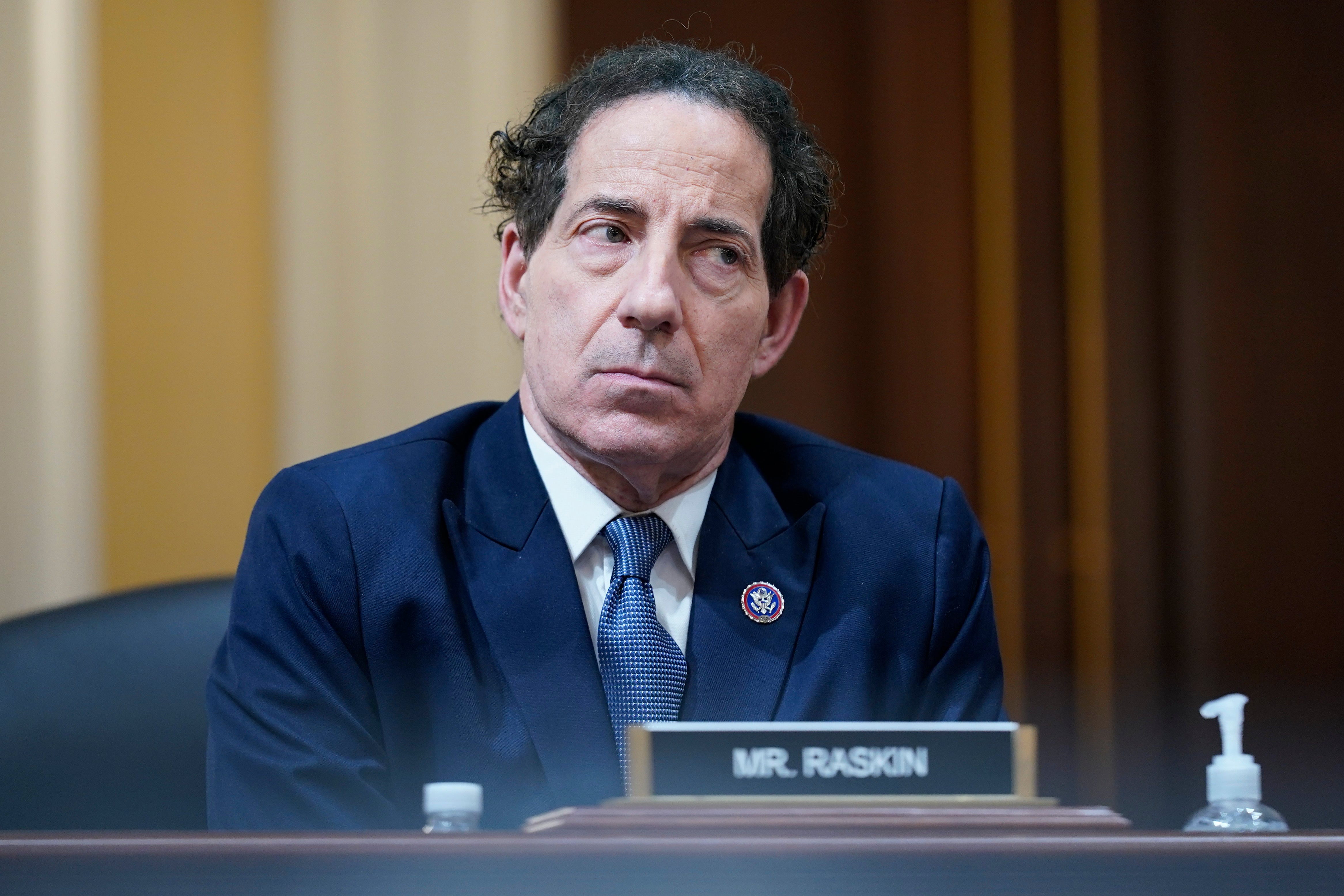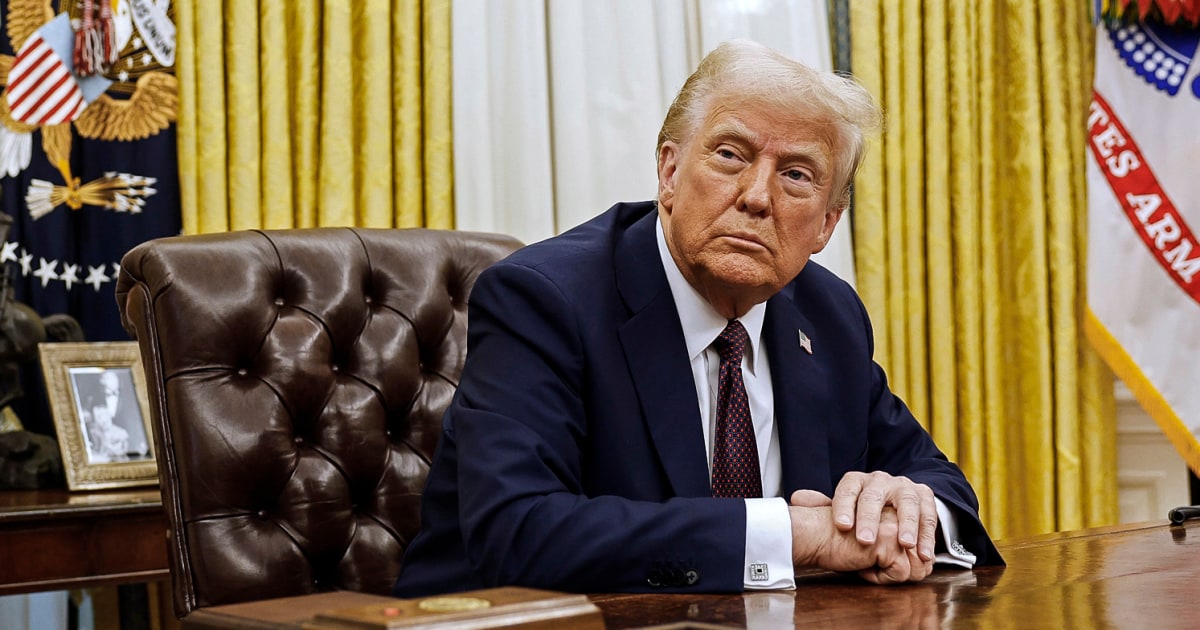In the ever-evolving landscape of American politics, the actions of the Department of Justice (DOJ) under former President Donald Trump have been a focal point of intense scrutiny. Trump's DOJ fights mass firings, an issue that has sparked widespread debate and discussion, is one of the most significant developments in recent political history. This article delves deep into the complexities surrounding this topic, offering valuable insights and analysis.
The decisions made by the DOJ during Trump's administration have not only shaped legal policies but also influenced public perception of justice and accountability. Understanding these dynamics is crucial for anyone interested in the intersection of politics, law, and governance.
Through an exploration of key events, expert opinions, and data-driven insights, this article aims to provide a balanced and informed perspective on Trump's DOJ fights mass firings. Join us as we uncover the layers of this complex issue and its implications for the future of American justice.
- Sd Movies Point For Pc Your Ultimate Guide To Downloading And Streaming Movies
- Hub4you Movies Your Ultimate Destination For Cinematic Excellence
Table of Contents
- Introduction
- DOJ Background and Structure
- Trump's DOJ Leadership
- Overview of Mass Firings
- Legal Basis for DOJ Actions
- Public Opinion and Media Coverage
- Expert Perspectives and Analysis
- Impact on Justice and Governance
- Case Studies: Notable Firings
- Future Implications and Predictions
- Conclusion and Call to Action
DOJ Background and Structure
The Department of Justice (DOJ) is a vital component of the United States federal government, responsible for enforcing laws, ensuring public safety, and upholding justice. Established in 1870, the DOJ operates under the leadership of the Attorney General, who serves as the chief law enforcement officer in the country.
Under its umbrella, the DOJ oversees numerous agencies, including the Federal Bureau of Investigation (FBI), the Drug Enforcement Administration (DEA), and the Bureau of Alcohol, Tobacco, Firearms, and Explosives (ATF). These agencies work collaboratively to address a wide range of legal and security challenges facing the nation.
DOJ's Role in Legal Enforcement
One of the primary functions of the DOJ is to investigate and prosecute violations of federal law. This includes white-collar crimes, organized crime, terrorism, and civil rights violations. Additionally, the DOJ plays a critical role in shaping legal policies and providing guidance to law enforcement agencies across the country.
- Sam Heughan A Comprehensive Look At The Talented Actors Life Career And Impact
- Hd Hub Movies For You Your Ultimate Destination For Highquality Entertainment
Trump's DOJ Leadership
During the administration of former President Donald Trump, the DOJ underwent significant changes in leadership and direction. Trump's DOJ fights mass firings became a defining feature of his tenure, with several high-profile dismissals drawing national attention.
Key figures such as Jeff Sessions, William Barr, and Merrick Garland served as Attorneys General under Trump's administration, each bringing their unique approach to justice and governance. Their decisions and actions had far-reaching consequences, shaping the trajectory of the DOJ during this period.
Leadership Styles and Policies
- Jeff Sessions: Emphasized tough-on-crime policies and immigration enforcement.
- William Barr: Advocated for a more centralized approach to DOJ operations and prioritized national security.
- Merrick Garland: Focused on rebuilding trust between law enforcement and communities.
Overview of Mass Firings
The phenomenon of mass firings within the DOJ under Trump's administration has been the subject of intense scrutiny. These firings involved the dismissal of numerous U.S. Attorneys, inspectors general, and other senior officials, often without clear justification.
Experts argue that these mass firings undermined the independence of the DOJ and raised concerns about political interference in legal matters. The lack of transparency surrounding these decisions further fueled public skepticism and criticism.
Notable Firings Under Trump's DOJ
Some of the most notable firings during this period include:
- Peter Strzok: Fired from the FBI due to alleged political bias.
- James Comey: Dismissed as FBI Director amid the Russia investigation.
- Geoffrey Berman: Removed as U.S. Attorney for the Southern District of New York amidst a corruption probe involving allies of the president.
Legal Basis for DOJ Actions
The legal framework governing the actions of the DOJ is enshrined in federal statutes and constitutional principles. Under the U.S. Constitution, the President has the authority to appoint and remove executive branch officials, including those within the DOJ.
However, this authority is not absolute and must be exercised within the bounds of the law. Critics argue that some of the firings under Trump's DOJ lacked legal justification and were motivated by political considerations rather than legitimate concerns about performance or misconduct.
Key Legal Principles
- Separation of Powers: Ensures that no single branch of government holds unchecked authority.
- Due Process: Guarantees fair treatment through the judicial system for all individuals.
- Rule of Law: Upholds the principle that everyone, including government officials, is subject to the law.
Public Opinion and Media Coverage
Public opinion on Trump's DOJ fights mass firings has been deeply divided, reflecting broader political polarization in the United States. While some view these actions as necessary measures to restore accountability and efficiency, others see them as an abuse of power that undermines the integrity of the DOJ.
Media coverage of these events has played a significant role in shaping public perception. Both mainstream and alternative outlets have provided extensive analysis and commentary, often highlighting different aspects of the story depending on their ideological leanings.
Impact on Public Trust
The mass firings have had a profound impact on public trust in the DOJ and the broader justice system. Surveys indicate a decline in confidence among Americans regarding the impartiality and fairness of law enforcement agencies.
Expert Perspectives and Analysis
Legal scholars, political analysts, and former DOJ officials have weighed in on the implications of Trump's DOJ fights mass firings. Their insights provide valuable context for understanding the broader significance of these events.
For instance, experts argue that the dismissals of career prosecutors and investigators may have compromised ongoing investigations and prosecutions, potentially jeopardizing the pursuit of justice in critical cases.
Key Takeaways from Expert Analysis
- Mass firings can erode institutional integrity and independence.
- Political interference in DOJ operations poses a threat to democratic norms.
- Restoring public trust requires transparent and accountable leadership.
Impact on Justice and Governance
The consequences of Trump's DOJ fights mass firings extend beyond the immediate personnel changes. These actions have had lasting effects on the functioning of the DOJ and its ability to fulfill its mission effectively.
Moreover, the precedent set by these firings raises concerns about the future of justice and governance in the United States. As the country grapples with these challenges, it becomes increasingly important to address the underlying issues and implement reforms to safeguard the rule of law.
Long-Term Implications
- Increased politicization of law enforcement agencies.
- Potential chilling effect on whistleblowers and investigators.
- Need for stronger safeguards against executive overreach.
Case Studies: Notable Firings
To better understand the impact of Trump's DOJ fights mass firings, it is helpful to examine specific case studies. These examples illustrate the complexities and consequences of these decisions.
Case Study: Geoffrey Berman
Geoffrey Berman's removal as U.S. Attorney for the Southern District of New York highlights the potential for political interference in sensitive investigations. His firing came amid a probe into the business dealings of individuals linked to the president, raising questions about the motivations behind the decision.
Case Study: James Comey
The dismissal of FBI Director James Comey during the Russia investigation remains one of the most controversial firings in recent history. Critics argue that this action undermined the independence of the FBI and hindered the pursuit of justice in a matter of national importance.
Future Implications and Predictions
Looking ahead, the legacy of Trump's DOJ fights mass firings will continue to shape the landscape of American justice and governance. Efforts to address the challenges posed by these events may include legislative reforms, increased oversight, and a renewed commitment to transparency and accountability.
Experts predict that the lessons learned from this period will inform future approaches to DOJ leadership and operations, with a focus on preserving institutional integrity and protecting the rule of law.
Potential Reforms
- Strengthening whistleblower protections.
- Enhancing congressional oversight of DOJ activities.
- Promoting diversity and inclusion within law enforcement agencies.
Conclusion and Call to Action
Trump's DOJ fights mass firings represent a pivotal moment in the history of American justice and governance. By examining the causes, consequences, and implications of these events, we gain a deeper understanding of the challenges facing our legal system today.
We invite you to engage in this important conversation by sharing your thoughts and insights in the comments section below. Additionally, consider exploring other articles on our site that delve into related topics, such as the role of the DOJ in modern society and the future of justice reform.
Together, we can work towards a more just and equitable society, where the principles of fairness, accountability, and transparency guide our collective pursuit of justice.
- Sdmoviespointcom Your Ultimate Destination For Highquality Movies
- Hd For Hub U The Ultimate Guide To Boosting Your Business Efficiency


